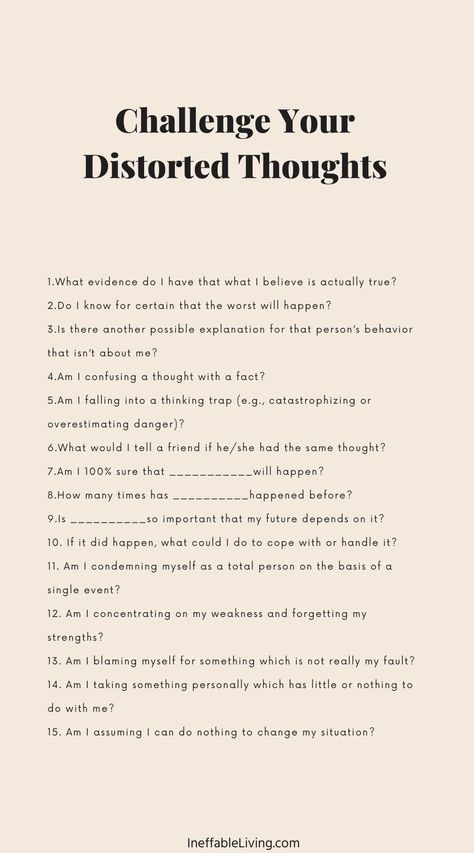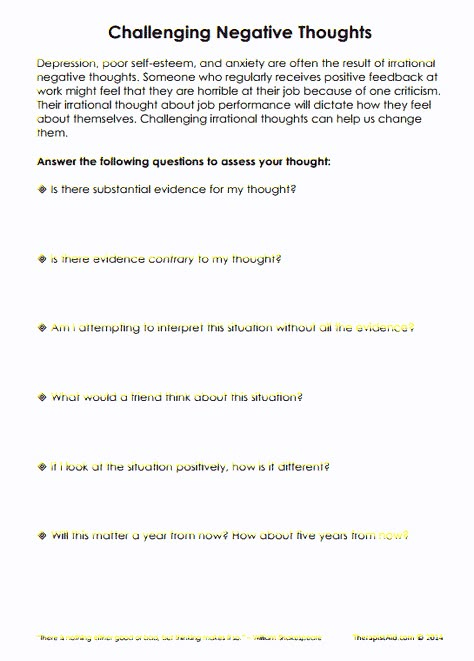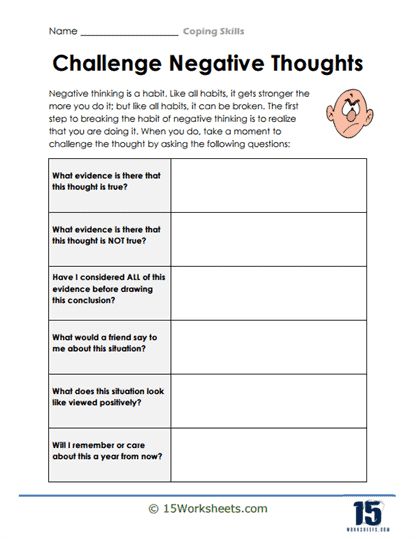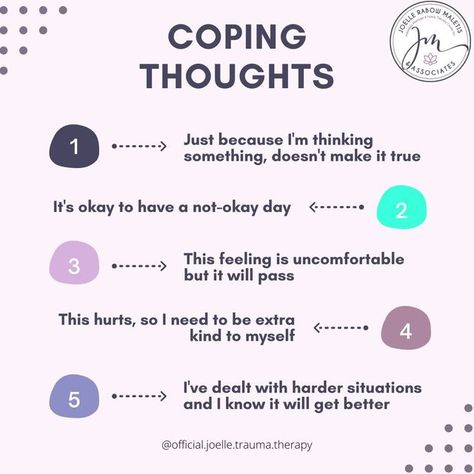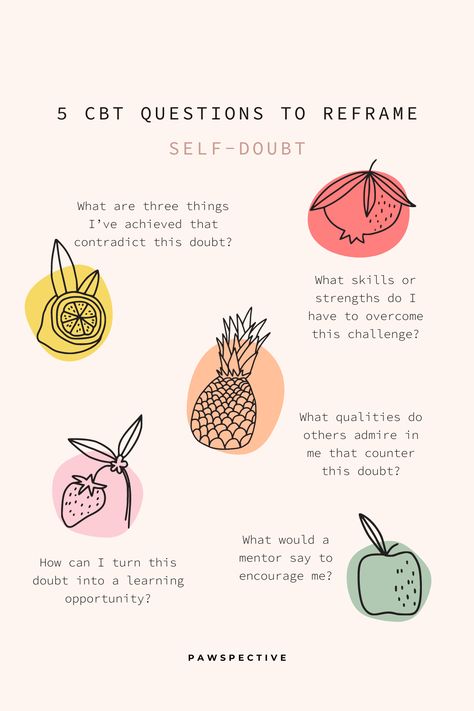31.1k
Challenging negative thoughts
Discover Pinterest’s best ideas and inspiration for Challenging negative thoughts. Get inspired and try out new things.
1k people searched this
·
Last updated 1d
774
Teach your clients to challenge their negative thoughts and self-talk using this CBT worksheet. In this worksheet your client will be asked to take a step...
453
Utilize this worksheet to help challenge negative thoughts or negative self talk.
552
13
Still not sure what to do about negative thoughts? Sometimes it helps to talk it out with someone #pgclinical #challengingnegativethoughts #negativethoughts
892
The Cognitive Therapy Worksheets provide a practical and efficient way for someone who needs mental assistance to explore and challenge their thoughts, emotions, and behaviors. These worksheets are designed to help people identify and address harmful thinking patterns, ultimately improving their mental well-being. Whether you are a therapist, counselor, or someone seeking self-help resources, The Cognitive Therapy Worksheets can be an invaluable tool to aid in personal growth and…
1k
Best 10 Techniques To Control Your Negative Thoughts automatic negative thoughts - how to stop negative thoughts - how to get rid of negative thoughts - challenging negative thoughts - reframing negative thoughts - stop negative thoughts - examples of negative thoughts - how to stop thinking negative thoughts - overcoming negative thoughts - how to clear your mind of negative thoughts - how to overcome negative thoughts - getting rid of negative thoughts
458
1.1k
🌟 Empower Your Mindset! 🌈✨ Teaching kids to challenge negativity with positivity. Building resilient minds, one thought at a time.
22
Made on Canva. Challenge those negative thoughts and turn them into positive thinking
6
3.7k
The “Challenge Negative Thoughts” worksheet is a therapeutic tool aimed at helping individuals break the cycle of negative thinking. It acknowledges that negative thinking can be habitual but reassures that, like any habit, it can be challenged and changed. The worksheet is designed to guide users through a structured thought process that questions the validity...
27
Our minds naturally focus more on the negative (hello, negativity bias!). But with a little effort, we can shift the balance. For every negative thought or experience, try to identify 5 positives – big or small. #Mentalhealthmatters #positivitypractice #sungjemaierclinic
24
Are you tired of letting negative thoughts control your life? Learn how to change your mindset and overcome negative thoughts to help change your life for the better. Read on to learn simple things you can do to help you let go of negative thoughts, stop negative thinking and let go of negativity so that you can start living a happier and healthier life.
319
The chatbot actually cheered me up
136
This list of examples of negative thoughts for the common cognitive distortions is provided with examples of reframed thoughts. This will help you understand how to challenge your automatic negative thoughts. Click the link to download a free printable copy. #cognitivedistortions #mentalhealthprintable #reframedthoughts
2.1k
98
Self-doubt is often fueled by cognitive distortions and negative thinking patterns. In Cognitive Behavioral Therapy (CBT), the CBT triangle—connecting thoughts, feelings, and behaviors—is used to identify and challenge these distortions. By reframing negative thoughts, you can reduce self-doubt and build confidence. SelfDoubt I CBT I CognitiveDistortions I NegativeThinking I CognitiveBehavioralTherapy I ReframeThoughts I MentalHealth I EmotionalWellBeing I SelfBelief I TherapyTools
3.2k
Related interests
Challenging negative thoughts and more
